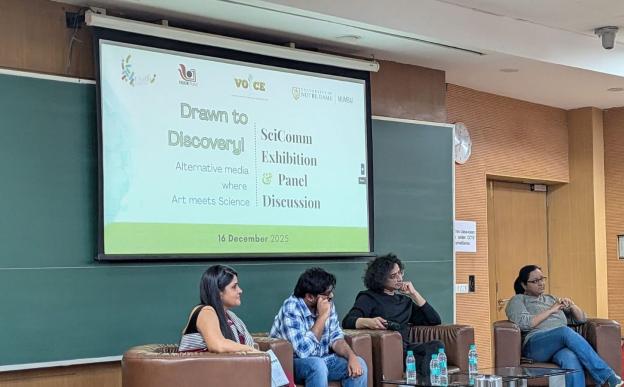Researchers from the Indian Institute of Technology, Guwahati have developed a genetically modified variety of cowpea resistant to Mungbean Yellow Mosaic India Virus. Since the legume grain is one of the major sources of protein for a section of the country’s population, this discovery is important to ensure that the yield of the crops is not affected.
The Indian Institute of Science Education and Research (IISER) Pune on Tuesday launched the VOICE Fellowship 2025
Pune/
